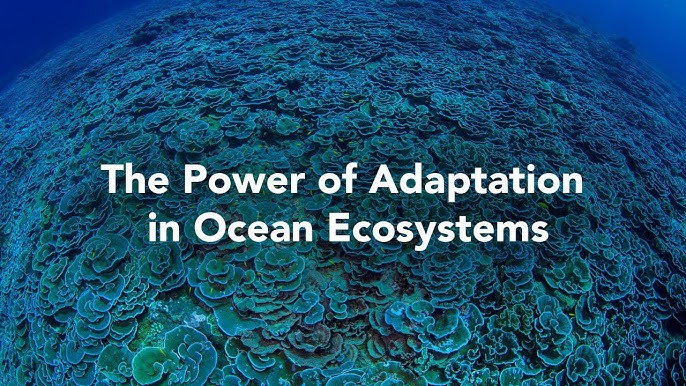The Power of Adaptation.
Adaptation is a powerful tool in the entertainment industry, allowing storytellers to bring beloved literary works to life. Classic novels, such as Pride and Prejudice and The Great Gatsby, have been transformed into successful films and stage productions, demonstrating how literature's intricate plots and complex characters can resonate with viewers in new ways. These adaptations often introduce literary classics to audiences who may not otherwise engage with the original texts, broadening their appreciation for the source material.

Themes and Characters
One of the most compelling aspects of literature is its ability to explore universal themes—love, loss, identity, and conflict—through well-drawn characters. These elements translate effectively onto the stage and screen, where skilled actors and directors can breathe new life into the narrative. For example, the adaptation of Harry Potter into a blockbuster film series has not only captivated a generation of readers but has also introduced the magical world of Hogwarts to a broader audience, solidifying its place in modern pop culture.
Theatrical Interpretations
Theater has a unique ability to adapt literary works for live performance, adding layers of emotional depth through staging, acting, and music. Productions like Les Misérables and The Lion King have taken inspiration from novels and animated films, respectively, and transformed them into iconic stage experiences. The immediacy of live performance creates an intimate connection between the audience and the characters, enhancing the emotional impact of the story. Theatrical adaptations can also explore the text in innovative ways, incorporating multimedia elements and modern interpretations that reflect contemporary societal issues.
Contemporary Literature and Media
The influence of literature is not limited to classics; contemporary works also shape modern entertainment. Bestsellers like The Hunger Games and The Fault in Our Stars have been adapted into successful films, reflecting current societal themes and youth culture. These adaptations resonate with audiences by addressing issues such as identity, social justice, and love in the digital age, making literature relevant to today’s viewers. Additionally, the ability to incorporate modern language and settings allows adaptations to connect with younger audiences, fostering a deeper engagement with the original texts.
The Role of Streaming Services
The rise of streaming platforms has revolutionized how literature is adapted for modern audiences. Series such as The Handmaid's Tale and The Witcher have brought literary works to a new generation, expanding the possibilities for storytelling. These adaptations often allow for deeper exploration of characters and plots than traditional films, resulting in richer narratives that maintain the essence of the original texts while appealing to contemporary sensibilities. Streaming platforms also provide a space for lesser-known works to gain visibility, allowing niche literary adaptations to find their audience.
The Collaborative Process
The adaptation process is inherently collaborative, involving writers, directors, producers, and actors who all contribute to transforming a literary work into a new format. This collaboration can lead to innovative interpretations that may differ significantly from the original material. For instance, the film adaptation of The Great Gatsby incorporates modern visuals and music to enhance its themes, demonstrating how artistic license can breathe new life into classic literature. Such reinterpretations spark discussions about fidelity to the source material versus the creative freedoms taken to engage modern audiences.
The Cultural Impact
Literary adaptations often reflect and shape cultural conversations, addressing societal norms, values, and conflicts. For example, adaptations of works like To Kill a Mockingbird and The Color Purple have not only entertained but also provoked important discussions about race, justice, and identity. By bringing these stories to the forefront of modern entertainment, adaptations can play a crucial role in fostering empathy and understanding within society, reminding viewers of the power of storytelling to challenge perceptions and inspire change.
Conclusion.
The impact of literature on modern entertainment is profound and multifaceted. From classic novels to contemporary bestsellers, literary works provide a treasure trove of narratives that continue to inspire filmmakers, playwrights, and television producers. As adaptations evolve, they bridge the gap between page and performance, allowing timeless stories to resonate with audiences across generations. Ultimately, the synergy between literature and entertainment enriches our cultural landscape, reminding us of the power of storytelling in all its forms. By continually engaging with literary works, modern entertainment not only honors the original stories but also ensures their relevance and vitality in an ever-changing world.


You must be logged in to post a comment.